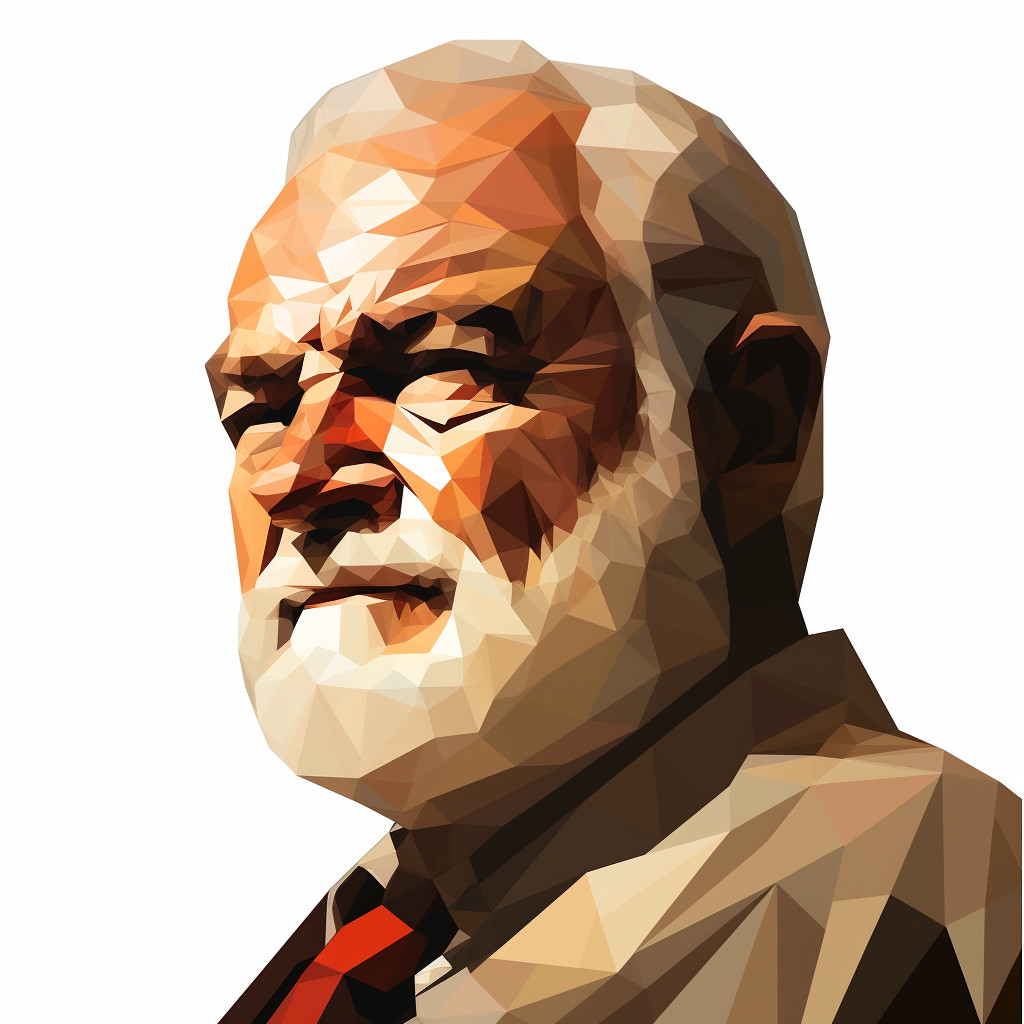This quote essentially emphasizes the importance of foundational knowledge and experience before undertaking complex tasks or creative endeavors. The first half, “Before we take to the sea, we walk on land” uses a metaphor to suggest that before we venture into unfamiliar or challenging territories (the sea), we must first master the basics or familiarize ourselves with simpler, more familiar environments (the land).
The second half, ”Before we create, we must understand” reiterates this concept, this time in the context of creativity. It suggests that true creativity isn’t about pulling ideas from thin air, but rather, it’s built upon a deep understanding of the world, the subject matter, and the tools at our disposal. Only by fully understanding can we then manipulate, innovate, and create something new and meaningful.
Applying this idea to today’s world or personal development, it could be seen as a rebuttal to the ‘move fast and break things’ culture often seen in tech startups and other industries. This quote suggests that to create something truly worthwhile and sustainable, one must first take the time to learn, understand, and build a solid foundation. It could also be a reminder for individuals seeking personal growth or skill development to not rush the process, to value the journey of learning, and to understand that mastery comes with time and practice.
In an era where instant gratification is often sought, this quote serves as a reminder that patience, understanding, and groundwork are invaluable components of any successful endeavor, be it personal, professional, or creative.










